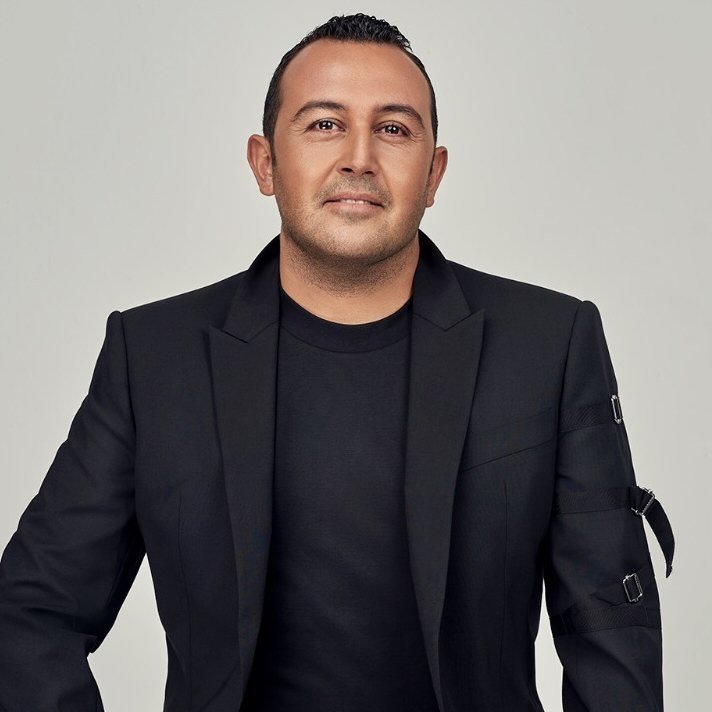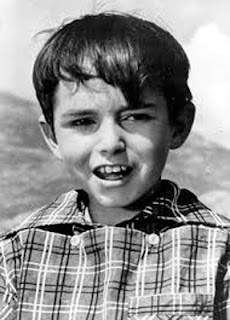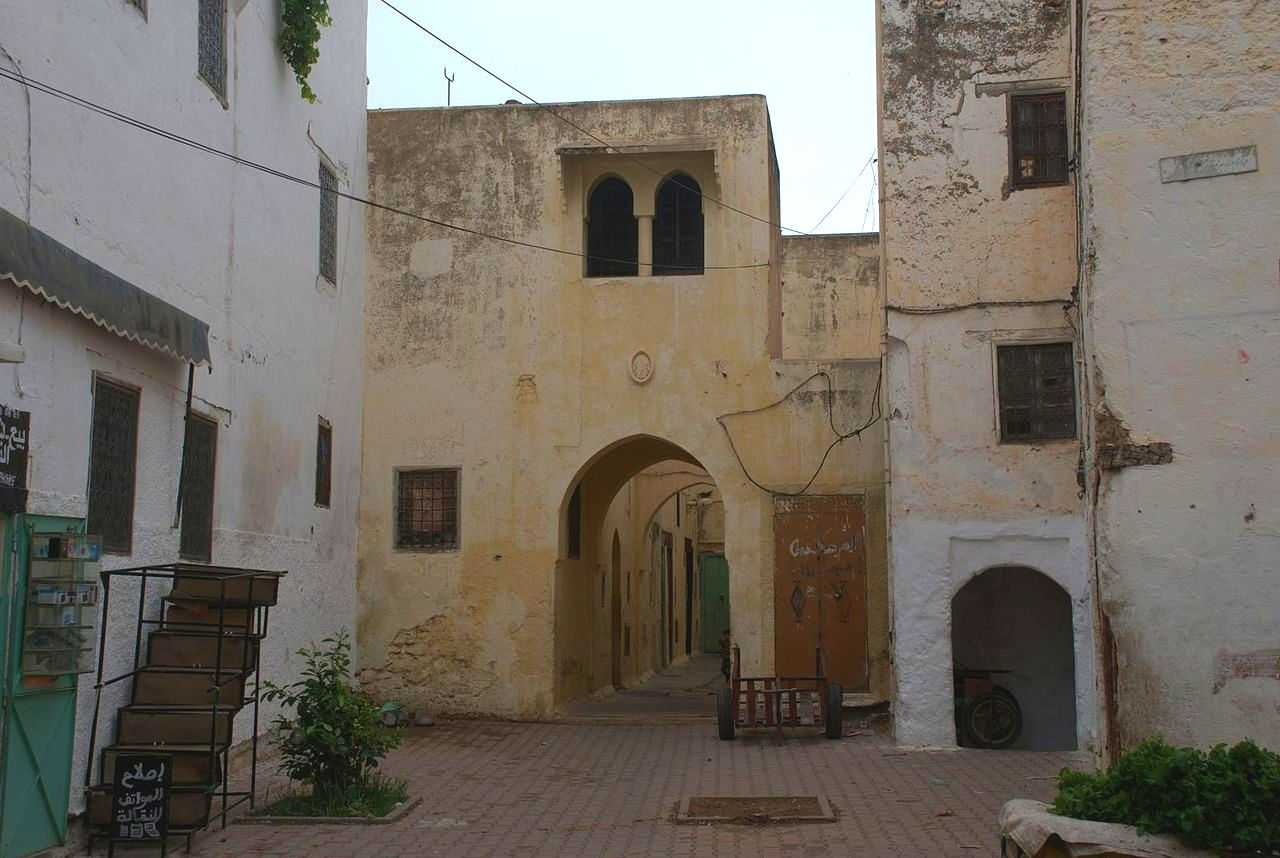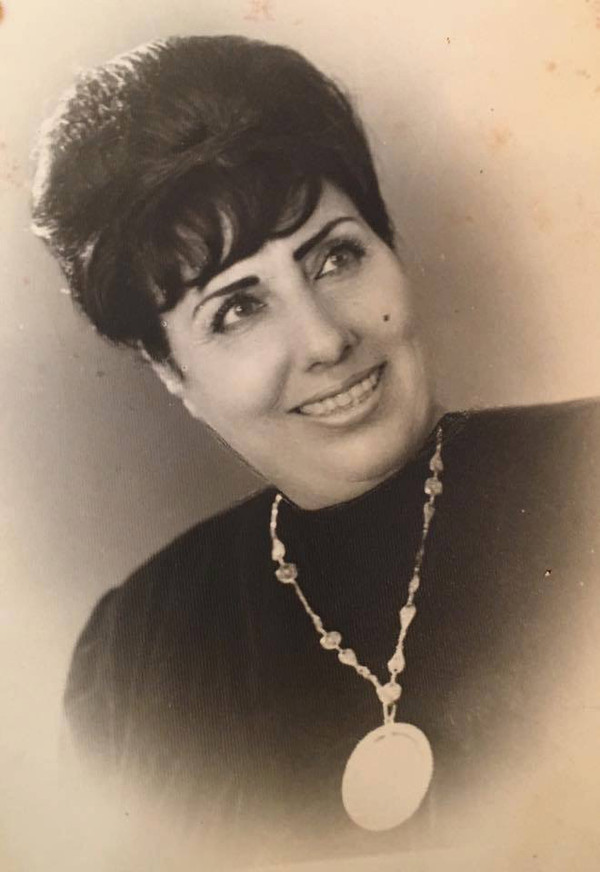27th May 2022 – Shabbat and Shavout are almost here
And today we will enjoy a Moroccan piyyut for Shavout sang by Benjamin Bouzaglo.
Hello, I hope you are well. I am super busy. The trips start again, next week, Brussels and Poznań, I’m nervous! But here I am faithful to the appointment every Friday. This time I have chosen a piece of music which is a Shavuot piyyut.
Last year I shared a very simple video about what Shavuot is, so, if you don’t know, you can watch it here.
And, quoting myself in 2021’s edition for Shavuot:
Today we return to the Sephardic musical tradition with a living, young and very interesting singer: Benjamin Bouzaglo. I hope you enjoy it.
Then, please, spread the word.
| Share this with a friend, right from here |
About Benjamin Bouzaglo

Benjamin Bouzaglo was born in 1987 in France and according to the Catalogue de la 11eme édition du Festival des Andalousies Atlantiques d’Essaouira (originally in French, the translation is mine), he is:
“A singer of exceptional vocal qualities, a native of Casablanca, born in a family of melomaniac people who transmitted the love of Jewish-Arab and Arab-Andalusian musics.
When Benjamin reached the age of six, his father, a great adept of Andalusian music, realized the importance of the talent of his kid and sent him to follow the singing course of hazanout with the grand Moroccan paytan (liturgical singer) Avraham* Bouhadana. From seven to thirdteen years old, Benjamin therefore learned the art of cantor (hazan).”
* The Catalogue says “Albert” instead of “Avraham” but in this interview, Benjamin says “Avraham”.
The portrait is from his facebook profile.
Benjamin is quite successful. On his Instagram he has 52k followers. His latest video clip, which you have here, has almost 300k views in 10 days. The truth is that he sings wonderful and the music he makes is quite easy. But of course, I wasn’t going to choose a commercial sounding piece.
From the aforementioned interview I’ve learnt that: he lives between Paris and Ashdod, although he emigrated to Israel from France when he was 15 years old and has been performing with the Andalusian orchestras of Ahsdod and Jerusalem.
He started performing in public when he was 9 or 10 years old at Jewish community celebrations in Paris. In the interview he comments that he was affectionately called “Chozlito”. I almost went crazy looking for that word on the Internet and found it only once. I managed to isolate the word from the original Hebrew text, look it up like this and voila! “Chozlito” is “Joselito”, who was a very famous child singer in Spanish movies.

The kid was Joselito 👉. I felt that it is important to make a reference to this person because it seems that he was quite influential in the Sephardic community in Morocco, since for example, in his childhood, Emil Zrihan was also compared to him. Listen to one of the biggest hits of Joselito, here. The picture is from the website of Enciclopedia del Cine Español.
The aforementioned interview was published in 2016 and he explained that he was starting to become the official singer of the Ashdod Andalusian Orchestra and explains that:
“The Israeli Andalusian Orchestra in Ashdod is actually the first institutional body that began to represent the culture of Moroccan-Andalusian poetry in the country. It was established in 1994, and in 2009 after a dispute between the workers and the management in which the parties failed to reach a joint solution, it split, and today the two Andalusian orchestras are “Israeli Ashdod” and “Andalusian Jerusalem”.”
Benjamin wants to continue the work of artists such as Sami Elmagribi and Salim Halali, whom we have talked about before. Click on their names to visit their editions.
You may be wondering if Benjamin Bouzaglo is related to Rabbi David Bouzaglo (whose edition is here). I have looked it up but have not found any reference to it being so. But Benjamin does have an album “שירת רד “ב רבי דוד בוזגלו,” “Songs by Rabbi David Buzaglo”. You can listen to it in Spotify.
Benjamin Bouzaglo is very active doing concerts, making videos and recording music and has a long way to go.
About the piyyut Yafa Vetama
I was searching for music related to Shavuot on Youtube. The first options that appear whenever you do a search like this are absolutely sappy and uninteresting so I had to dig a little deeper and I found this Shavuot Piyyut Workshop with Laura Elkeslassy, on MyJewishLearning’s Youtube channel, where she reviews several piyyutim with this theme. You can find the lyrics of the piyyut in Hebrew and in English in the video.
According to Laura’s video, Yafa Ve Tama was written by Rabbi Shlomo Abitbol, who was born in Sefrou, Morocco. He was student and was ordained to the rabbinate by Hacham Shaul Yeshua Abitbol, who was head of the Atazzi yeshiva in Morocco. This was at some moment in the decades of the 60s or 70s of the XVIII century but I have found no more information about Shlomo Abitbol in English. To find out where he was born I had to use this list of rabbis of Morocco. Later I found a brief bio in French, here, that explains that he was son of Rabbi Mimoun, rabbi in Sefrou and disciples of Rabbi Eliahou Sarfaty of Fes. He built up a very large library which has remained a source of reference for rabbis to this day. When the Jews of Fes were expelled from their mellah in 1790 by Sultan Moulay Alyazid, he did a lot to help the refugees temporarily settled in his city. He left many writings. He was also treasurer of the community and built a synagogue that bears his name. He died in 1815.
The relationship of the city of Sefrou with the Jewish is very interesting and you can learn much about it in the article Sefrou: Moroccan City Of Religious Symbiosis Between Islam And Judaism – Analysis, by Dr. Mohamed Chtatou.


Do you know who else was born in Sefrou? Zohra El Fassia. Check here the edition of MBS dedicated to her.
